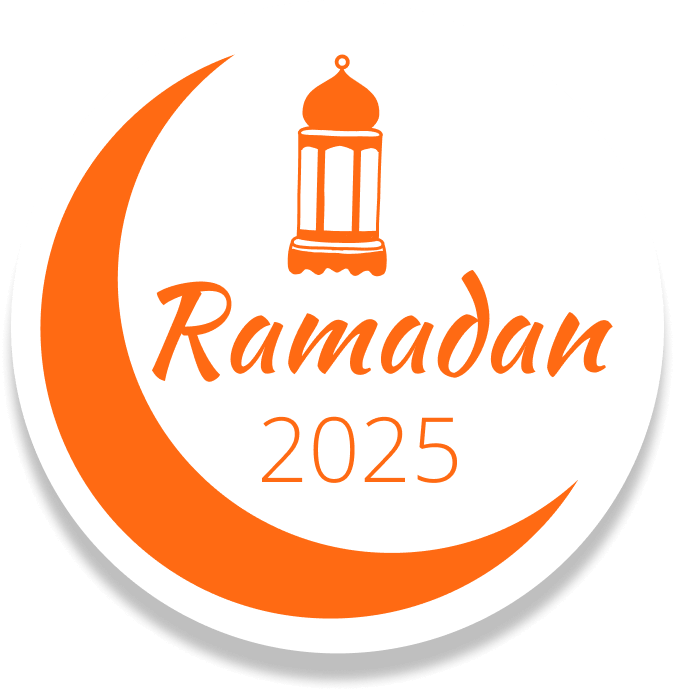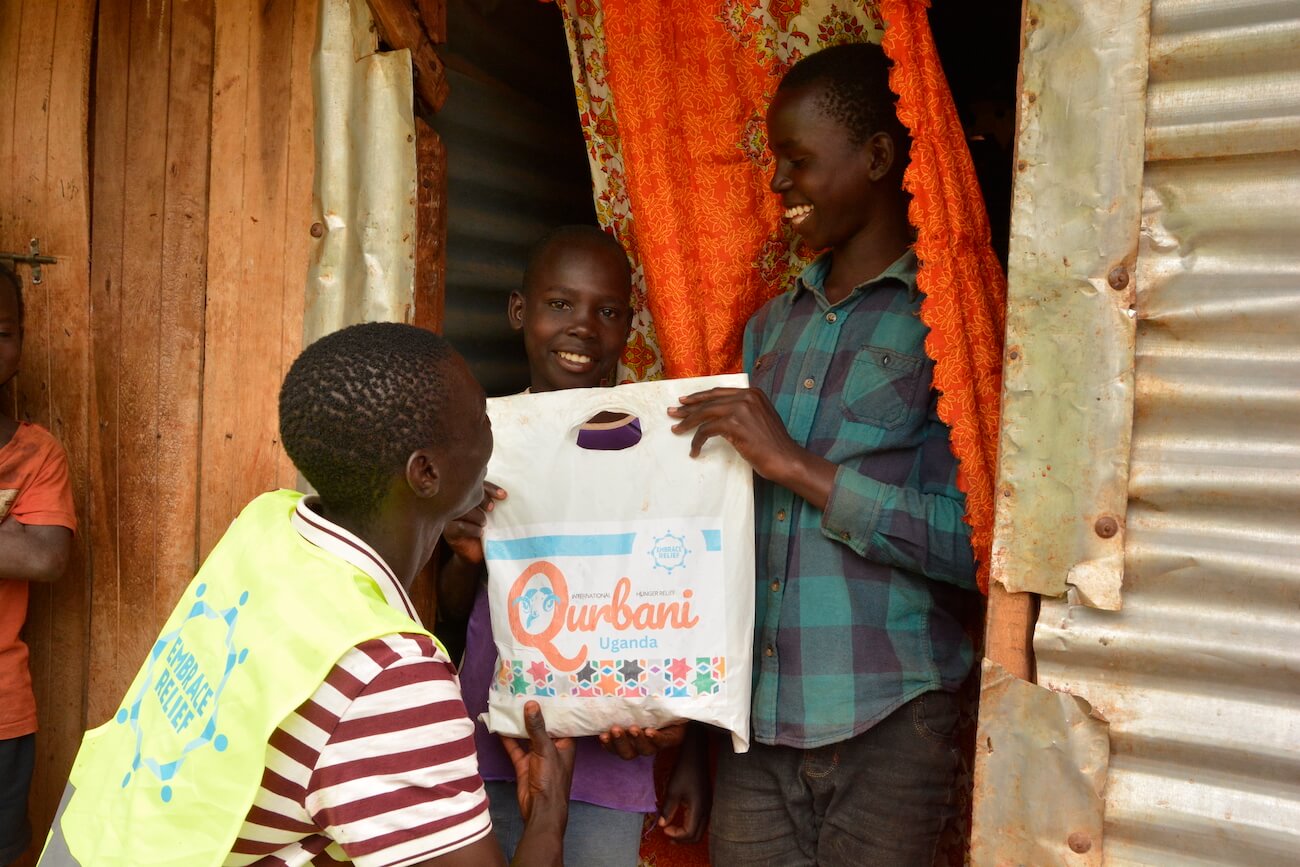Eid al-Adha, known as the “Festival of Sacrifice,” is one of the most significant Islamic holidays, commemorating the profound act of devotion demonstrated by the Prophet Ibrahim. In 2025, Eid al-Adha is anticipated to begin after sundown on Friday, June 6, though the exact date may vary based on lunar observations.
Why does the date of Eid al-Adha change annually?
The Islamic calendar is lunar-based, consisting of 12 months totaling approximately 354 days, which is about 11 days shorter than the Gregorian solar calendar in use in the United States and elsewhere around the world. As a result, Islamic events, including Eid al-Adha, shift earlier each year when referenced against the Gregorian calendar.
Eid al-Adha commences on the 10th day of Dhu al-Hijjah, the final month of the Islamic year, aligning with the culmination of the Hajj pilgrimage. The precise date is determined by the sighting of the new moon, leading to slight variations depending on regional lunar observations, and it will move “backwards” on the Gregorian calendar by approximately 10 to 12 days each year. In 2024, for example, the date of Eid al-Adha was June 16th; a year prior, in 2023, it was June 27th.
The Connection Between Eid al-Adha and Qurbani
At the heart of Eid al-Adha lies the practice of Qurbani, or ritual sacrifice. This tradition honors the Quranic narrative of Prophet Ibrahim’s unwavering obedience to Allah, demonstrated by his willingness to sacrifice his son Ismail. In recognition of Ibrahim’s devotion, Allah provided a ram to be sacrificed in place of Ismail.
To commemorate this act, Muslims who are financially able perform Qurbani by sacrificing livestock such as sheep, goats, cows, or camels during Eid al-Adha. The meat from these sacrifices is then distributed among family, friends, and those in need, embodying the values of charity and community.
The Significance of Qurbani
Qurbani serves multiple spiritual and social purposes within the Muslim community. It is a demonstration of obedience to Allah, reflecting the submission exhibited by Prophet Ibrahim.
The act also fosters a sense of unity and equality, as the meat is shared with the less fortunate, ensuring that all members of the community can partake in the festive celebrations. This practice underscores the principles of compassion, generosity, and social responsibility that are central to Islamic teachings.
Share your blessings with Embrace Relief this Qurbani!
As Eid al-Adha approaches, it presents an opportunity to extend the spirit of Qurbani beyond our immediate circles and reach those facing food insecurity worldwide. Our International Hunger Relief: Qurbani 2025 campaign is dedicated to distributing meat packages to underserved communities, ensuring that the blessings of this sacred festival are shared globally. By participating in this initiative, you can help provide nutritious meals to families in need, embodying the true essence of Eid al-Adha. Join us in making a meaningful impact this festive season.
Give Qurbani With Embrace Relief

In 2025, Qurbani will occur on June 6-7. During this time, sheep, goats, and cattle are humanely and hygienically sacrificed in adherence with common dietary restrictions. At this important time of year, join Embrace Relief and provide food for people in need in Africa (including the countries of Tanzania, Kenya, Uganda, Mali, Ethiopia, Burkina Faso, and Democratic Republic of Congo), as well as Greece and the United States, by donating to Embrace Relief’s International Hunger Relief: Qurbani 2025 campaign.






















